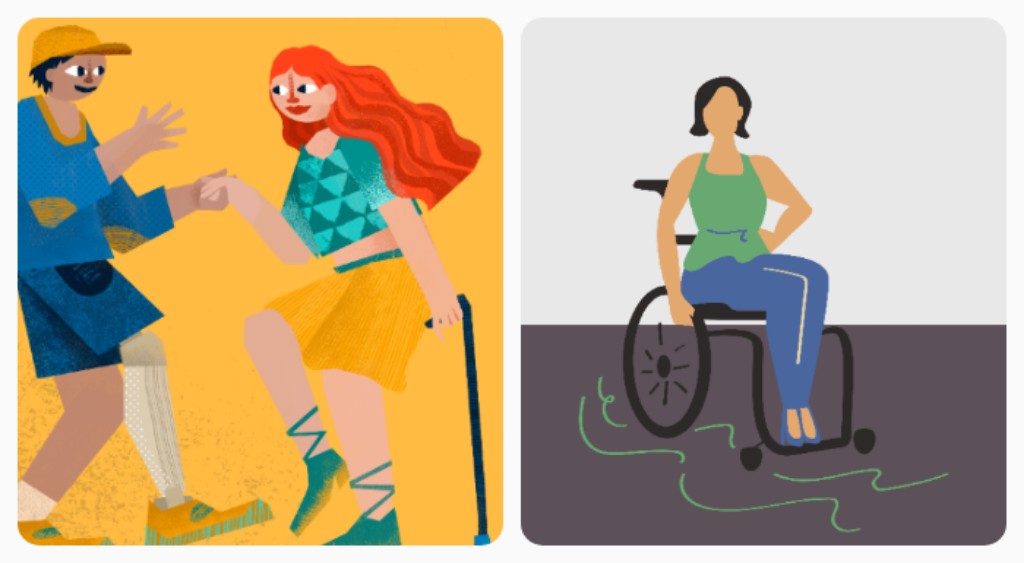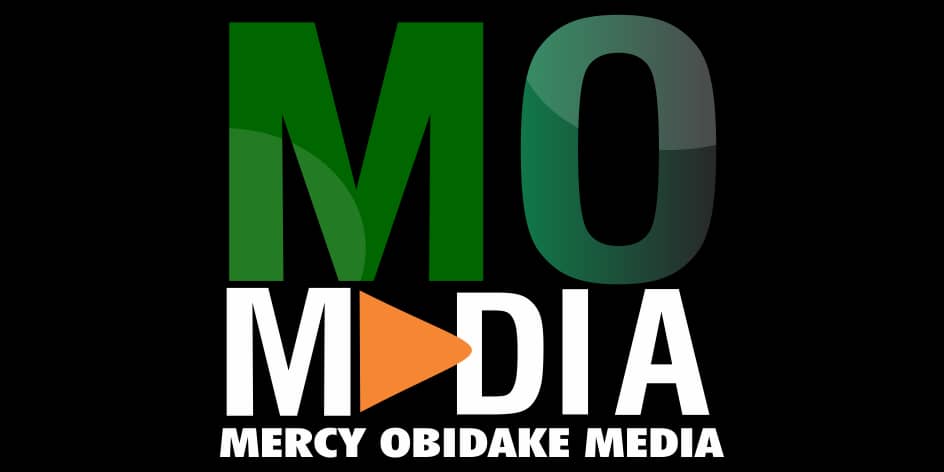Articles
Disability Doesn’t Mean Inability; The Physically Challenged Can Still Fly Without Wings

Everyone, irrespective of their physical condition should be able to participate in every aspect of life to the fullest extent possible. The past few weeks has opened my mind and eyes to the emotions and barriers young people living with physical disabilities face daily.
A rollercoaster of emotions, from isolation, to sadness, low self-esteem and physical pain did I experience as I couldn’t participate in the classes and fun games my peers were involved in because of Fasciitis Plantar. This health condition is also called Plantar heel pain, which is the inflammation of a fibrous tissue typically characterized by sharp, stabbing pain in the heel, when walking or standing for prolonged periods. The physical pain I felt was intense, I couldn’t walk long distances and even when I needed to go to the bathroom, I had to hold the walls just to get a balance and weight off my right feet. However, this pain was small compared to the emotional distress I experienced, because I really wanted to attend classes, visit places and spend time with my peers.
As I sat by my balcony wallowing in self-pity and pain in my heels, few days after arriving Haarlem Netherlands, I immediately remembered 14 Year Old Emma in the Southern part of Nigeria who couldn’t attend classes for months due to the unbearable pain she felt in her feet, which affected her mobility, over time her condition deteriorated due to lack of proper medical attention. Emma comes from a very poor background, and when she started having pains in her feet, her parents couldn’t afford proper medical treatment. Emma stopped school at 13, and currently stays at home, she uses a stick to walk with severe pain in her legs. When I spoke with Emma last year, she told me her dream was to become a medical doctor. Her difficulty in mobility has also become a barrier to the fulfilment of her dreams and goals in life.
I believe disability inclusion is crucial for achieving equitable and sustainable development in the continent. Globally, there are over 1 billion persons with disabilities, with 80% of them living in developing countries. In Africa, the figure is estimated to be between 60 and 80 million. Persons with disabilities face multiple barriers to their participation in all aspects of society including education, employment, health, transport, and social and cultural participation. They are often considered as a burden rather than as valuable contributors to society.
In Africa, disability inclusion is gaining momentum, but there is still a long way to go. The implementation has been a great challenge. Emma’s situation highlights two sustainable development goals: good health & well-being and quality education. Emma’s condition challenges her mobility and limits her participation in school activities. It is, therefore, essential to ensure that Emma and young people like her receives good health care and access to education that accommodates their condition.
Achieving sustainable development goals means creating a better future for all, and it starts by prioritizing the needs of people like Emma. Disability inclusion in relation to sustainable development goals in Africa is a critical agenda that requires concerted efforts from governments and civil organizations.
The feet injury and lack of mobility made me understand the pain and emotional distress Emma & people that are physically challenged experience. May we be kinder to them and also, always create opportunities that accommodate their condition, the government has a big role to play.



